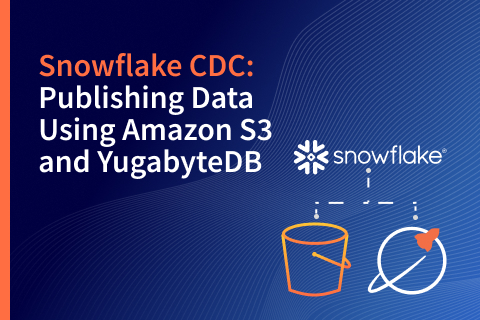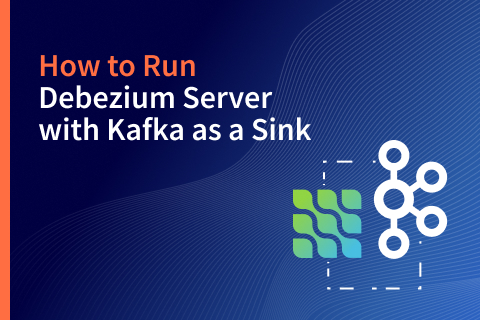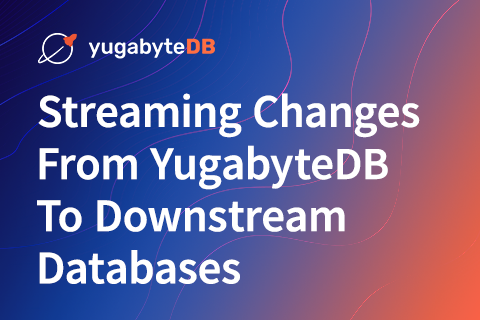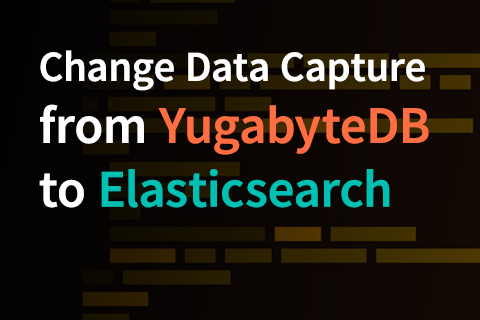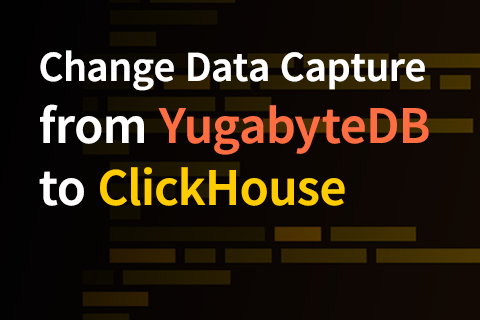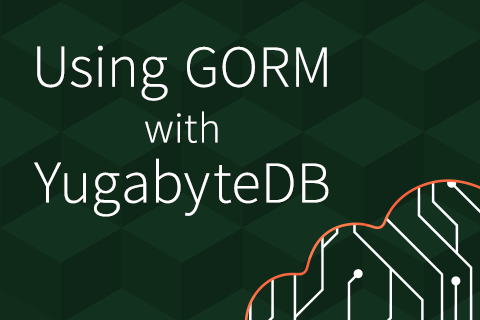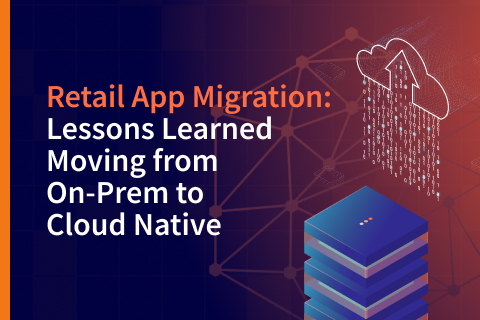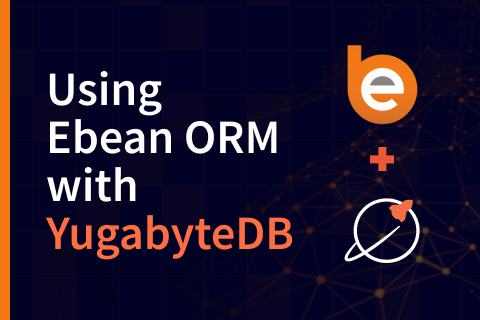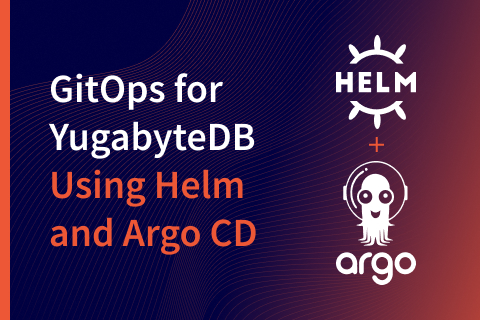Create Alert Configurations For YugabyteDB Anywhere Using APIs
Alerts can be created from the YugabyteDB Anywhere UI or by using APIs designed specifically for the product, which can be extremely helpful if you need to create a new universe or migrate a platform. This blog will walk you through how to create these alert configurations using APIs in YugabyteDB Anywhere product.

